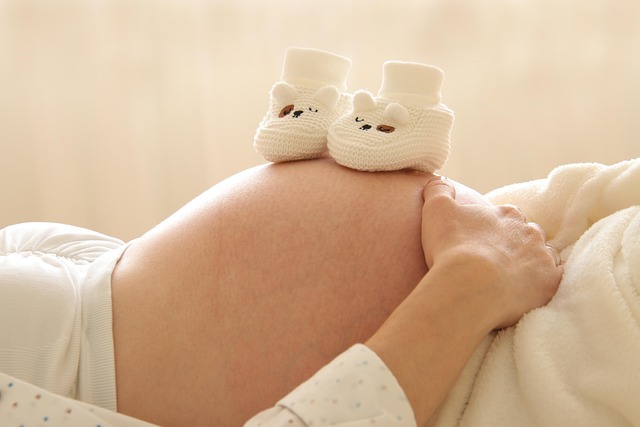Hey there! If you’re exploring the world of fertility, you might have come across the term “uterine fibroids.” Don’t worry; you’re not alone. These growths in the uterus can be confusing, but it’s essential to understand how they might affect your journey to parenthood.
What are Uterine Fibroids?
Uterine fibroids, or leiomyomas, are benign growths that can appear in the uterine wall. They can be as tiny as an apple seed or as large as a grapefruit! Interestingly, studies show that around 70-80% of women will develop fibroids by age 50. While the exact cause is still a mystery, several factors like age, family history, obesity, and even ethnicity can increase your risk of developing them.
Fibroids and Fertility
Now, here’s the kicker: fibroids don’t always get in the way of getting pregnant. However, they can sometimes mess with implantation or lead to complications during pregnancy. Some women might face a higher risk of preterm delivery or require a cesarean section due to fibroids.
Signs to Look Out For
Many women with fibroids don’t even know they have them, as they often don’t cause symptoms. But if you do experience issues, they can include:
- Pelvic pressure or pain
- Heavy menstrual bleeding
- Extended periods lasting over a week
- Constipation
- Back or leg pain
- Frequent urination
- Trouble fully emptying the bladder
- Pain during intimacy
Sometimes, your doctor might detect fibroids during a routine pelvic exam. If you suspect you have them, an ultrasound or MRI can confirm their presence.
How Are They Treated?
If you’re symptom-free, treatment may not be necessary. But if fibroids are causing discomfort or affecting your fertility, it’s time to chat with your doctor about options. They’ll consider factors like the size and location of the fibroids, your symptoms, and your desire to conceive.
Common treatments include medication for symptom relief or surgery if a more permanent solution is needed. For those hoping to get pregnant, a myomectomy can remove fibroids while preserving healthy uterine tissue.
If you’re curious about more resources, check out this blog post on intrauterine insemination for great insights, and if you want to boost fertility, consider this fertility booster for men.
In summary, uterine fibroids are common and can affect your fertility journey, but understanding your options can empower you to make informed decisions. Reach out to your healthcare provider to explore what’s best for you!

